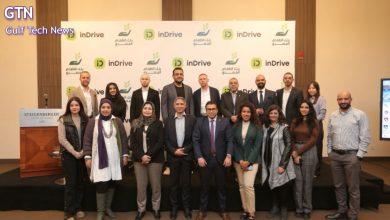Major new study reveals that half of all people fear the internet and smartphones are damaging wellbeing
[Dhahran, gulftech] – As the world adjusts to a post-pandemic reality dominated by technology, public concerns about the dangers of over-consumption are gathering pace. According to a major new survey[1] from Saudi-based cultural institute, Ithra, almost half (44%) of all people are worried about the impact of internet and smartphone use on their health. At an event to launch their digital wellbeing program – Sync, Ithra announced plans for an annual global summit, to take place in December.
Abdullah Al-Rashid, Director of Ithra’s Digital wellbeing program says: “As an organisation dedicated to individual enrichment, we at Ithra want to understand the cultural impacts of mankind’s growing reliance on the internet and social media. Unfortunately, our research shows that half of all people believe over-reliance on these platforms is damaging their wellbeing. This is why we are launching Sync – a new initiative designed to raise awareness about digital wellbeing, support novel research in partnership with global entities, and unite thought leaders globally to find new ways to protect the public.”
A powerful force for good
According to Ithra’s survey, the overwhelming majority (88%) of respondents worldwide agree that technology can be a great force for progress, with the key benefits including access to news, connectivity and freedom. Many of these benefits were brought to the fore by the COVID-19 outbreak, with 64% crediting technology with having helped combat the pandemic. The outcome, however, is that almost everyone (91%) is spending more time online as a result.
Tempered by mounting concerns
Despite this underlying positivity, Ithra’s findings highlight significant concerns about the damaging effects of unchecked access:
Almost half (48%) of respondents are spending more time online than they would like to, with 41% admitting to getting withdrawal symptoms without access to their devices. Sleep deprivation is also a significant issue, with 51% of respondents skipping sleep every week, and one in four (24%) daily, to use technology.
A commitment to prioritizing digital wellbeing
Conscious of the long-term potential impact of these trends, Ithra is championing a signature program – Sync – to support and promote efforts to prioritize public digital wellbeing. This includes a symposium in December 2021, bringing together global thought leaders, institutions, influencers, and the public to raise awareness of digital wellbeing concerns, and develop new ideas to protect the users of digital media worldwide. To find out more, visit https://sync.ithra.com





